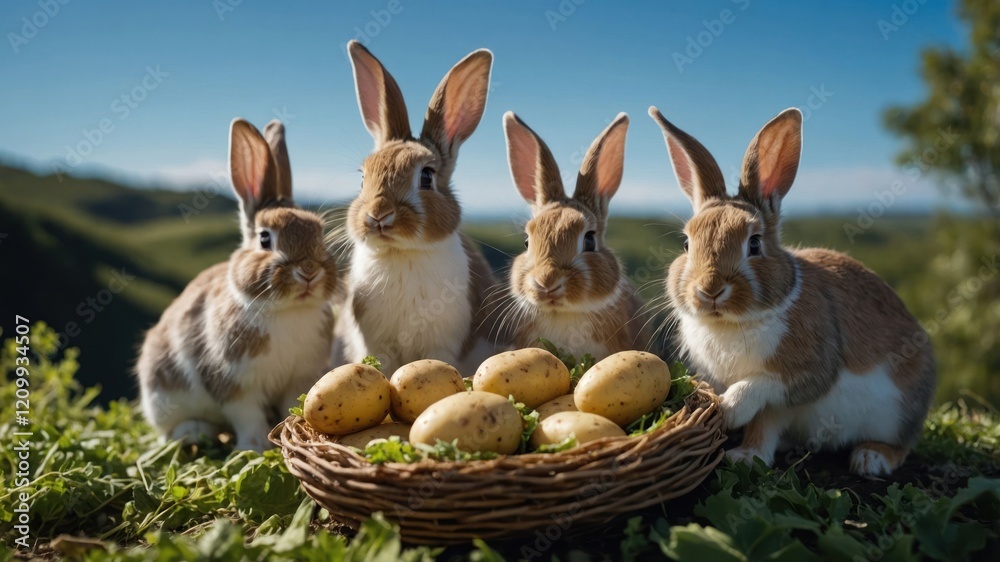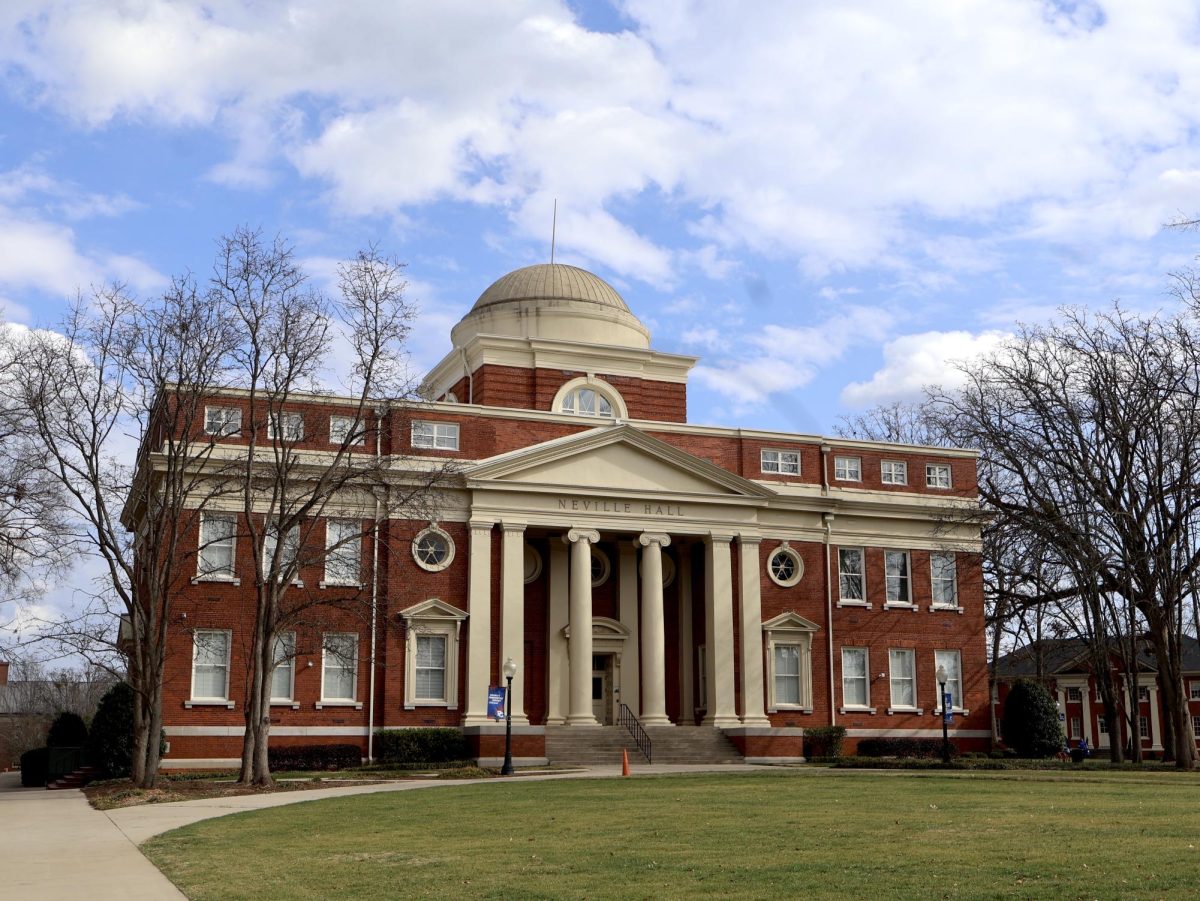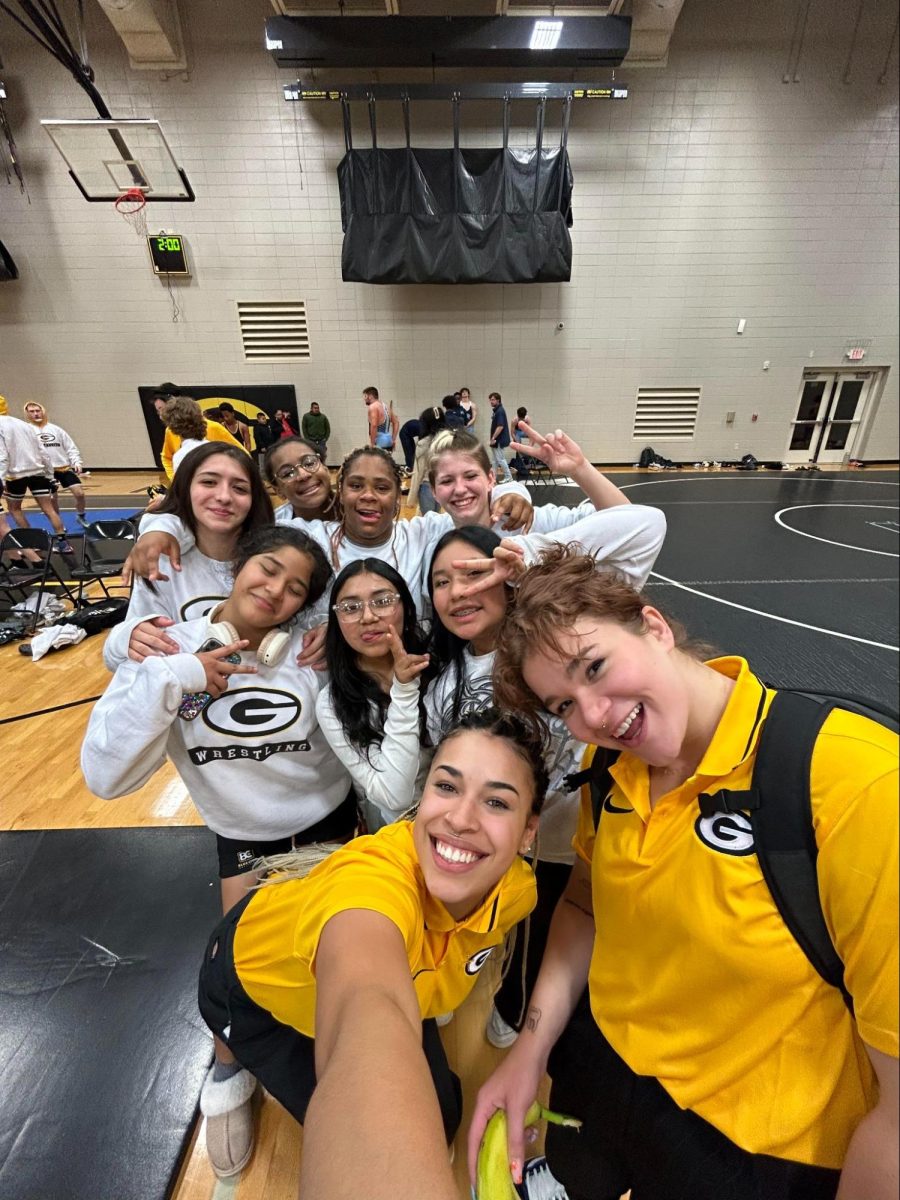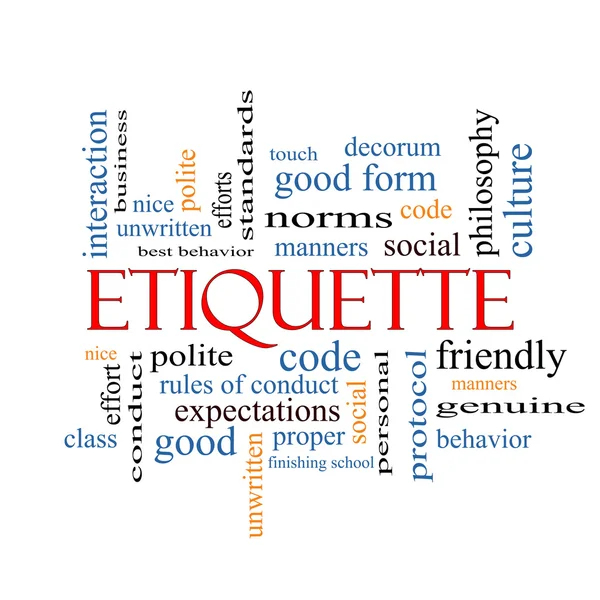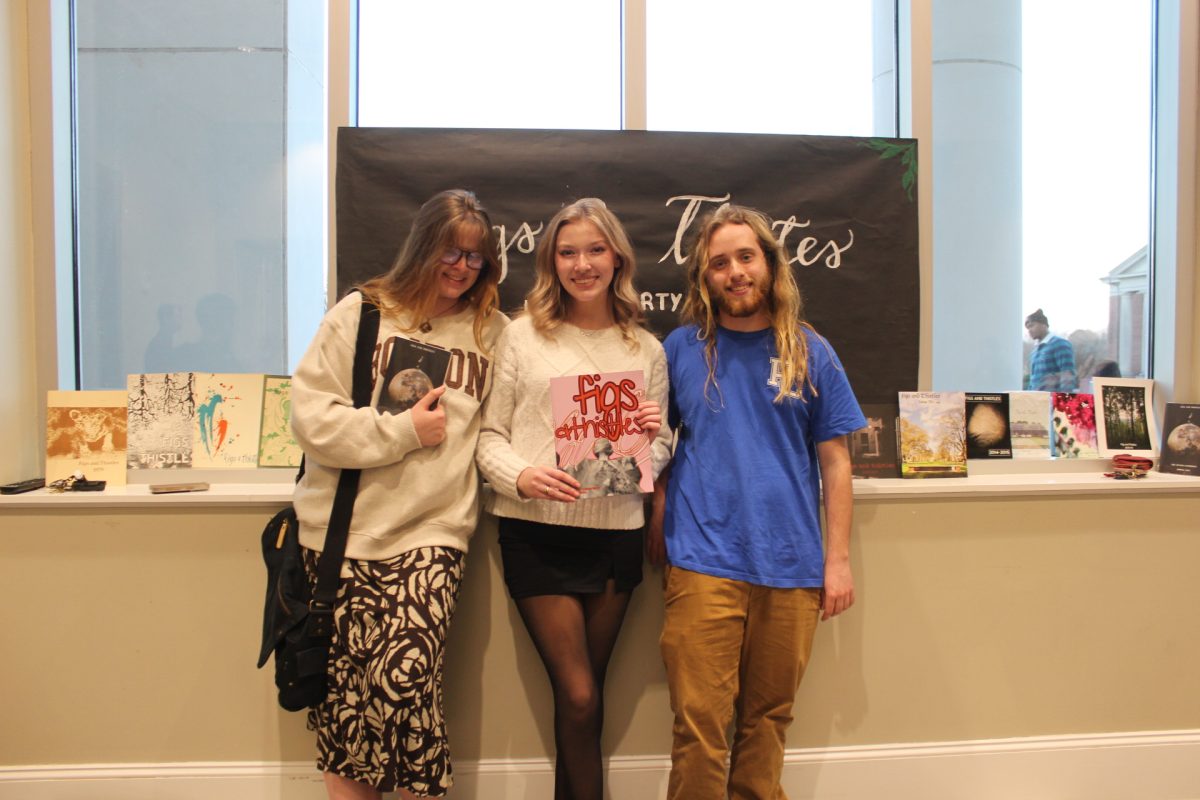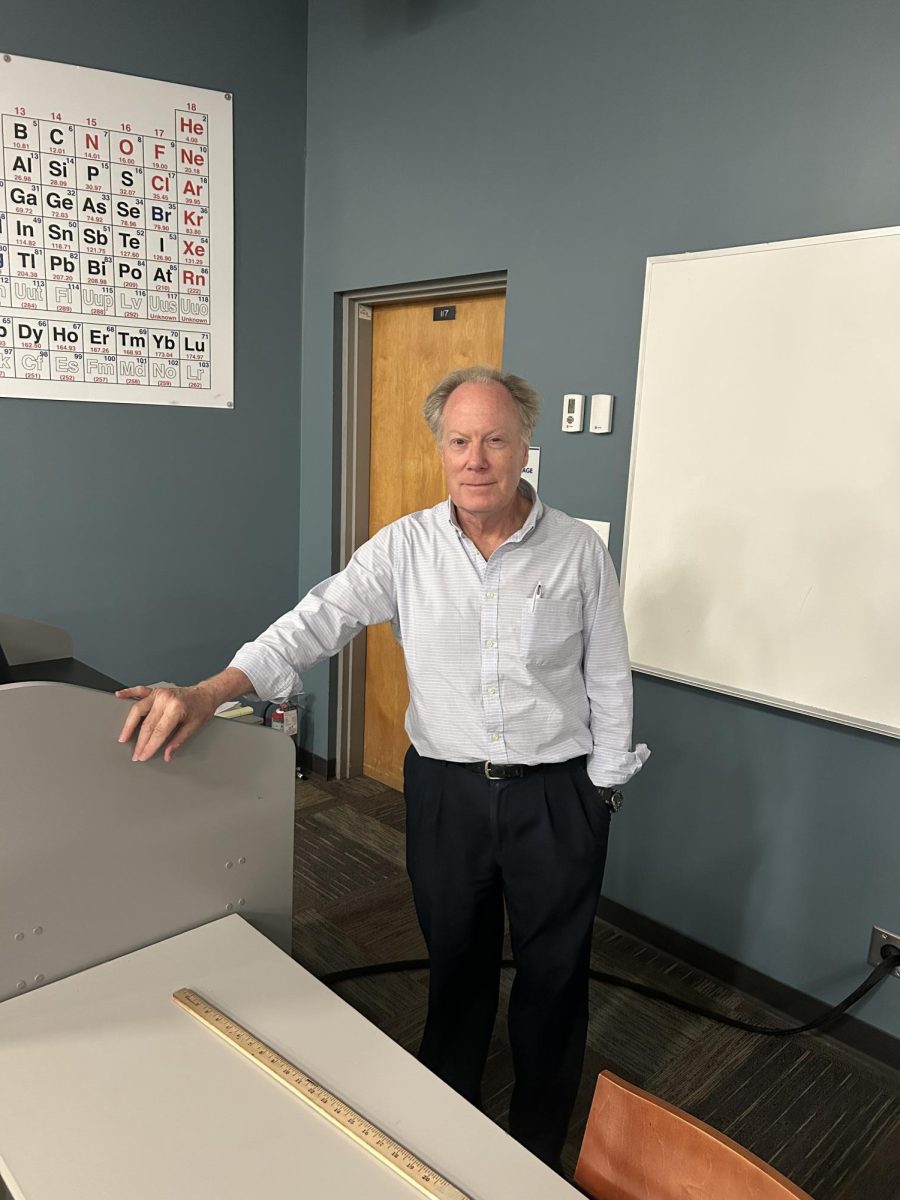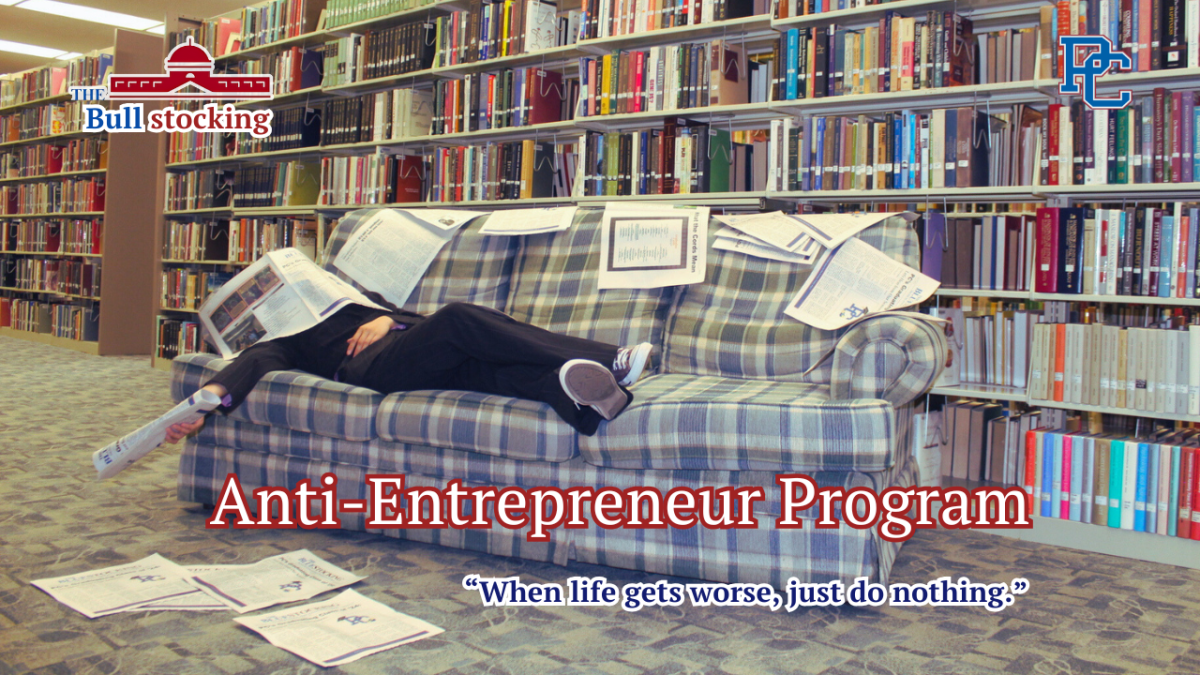An unusual predicament has been troubling America lately: extremely inflated egg prices
resulting from an avian flu epidemic that eliminated millions of American hens. The
simultaneity of this egg crisis and the Easter season implies a potential conflict—how can a
typical Easter be reasonably conducted in this economy? Easter, the single most eggful time
of the year, surely cannot be expected to unfold seamlessly in the throes of an egg
apocalypse, right? Doesn’t a lack of eggs threaten a holiday around egg-related rituals?
A discussion with PC students, Lauren Smoak and Autumn Channer, suggests that, actually,
Easter is probably fine.
“To be honest, I’ve always thought it was weird. The Easter bunnies, the chicks, the eggs, I
don’t know about the origin of them,” remarked Lauren. “You wonder how the tradition
became secularized.”
“I’ve been taught the biblical side, but we do Easter celebrations for fun,” Autumn said.
These students notice the dissonance between the lighthearted, secular, and arguably trivial
activities that have come to define Easter and the true weight of the holiday as a religious
observance. Easter is canonically about someone rising from the dead and other rather
heavy material, but how did something as dumb as colorful eggs become the highlight of the
entire affair? According to Lauren and Autumn, it isn’t necessary for eggs and Easter to be
so intertwined.
Although the students dissed Easter eggs to an extent, they also communicated an
understanding of the role the orbs play, expressing appreciation for the capacity of egg-
centric traditional activities to imbue spirit in the Easter season. They recalled fond
memories of family egg hunts and egg dyeing, typical routines that even in their “triviality”
exist as instruments for family bonding.
“My fond memories are dyeing eggs,” Lauren mentioned. “I would understand if others
think that Easter depends on eggs.” She specified, however, that “eggs aren’t the center of
it” for her. “Family is more important than eggs,” she emphasized. Autumn agreed, saying
“Jesus and family.”
Autumn and Lauren acknowledge the merit of easter eggs as conducive to family bonding
while questioning how important the egg as a specific item is to the essence of Easter. They
agree that any old vaguely round, dyeable object could be a worthy substitute.
“Dyeing potatoes sounds like a fun experience; it would probably bring equal amounts of
joy,” Lauren said. Autumn offered the point that “the potato is bigger than the egg.”
“Bigger is better,” they concluded.

